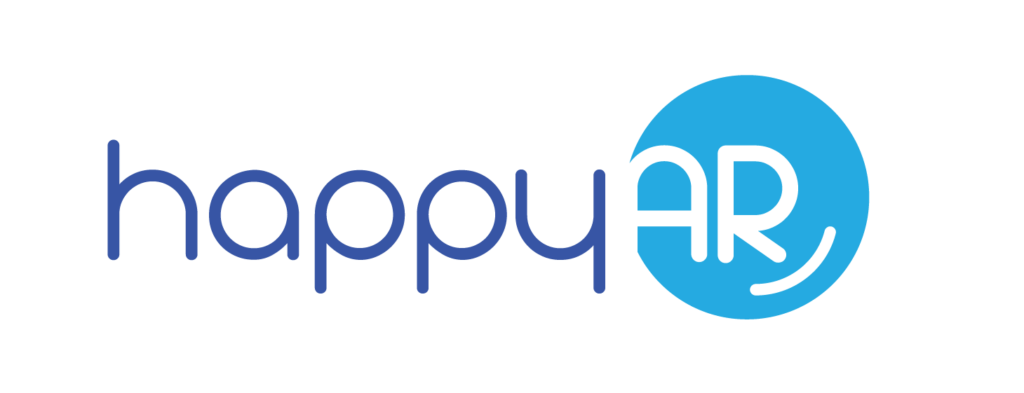It can be difficult for a small business to decide how to set up its accounting system. There are a lot of factors to consider, including what method of accounting to use. The two main methods include the cash basis method and the accrual basis method.
In addition to deciding how to record transactions, business owners must determine whether they will handle their accounting themselves or outsource the work. They must also select an accounting software program.
What Is Cash Basis Accounting?

Cash basis accounting is an accounting system that recognizes revenue and expenses only when payment is exchanged. Thus, revenue only grows when a customer pays for services, and expenses increase when the company pays a vendor. There is no accrual process in place to record anticipated revenues, receivables, or liabilities.
Small businesses typically use this system when they deal solely in cash transactions. It is not recognized as an acceptable accounting system under Generally Accepted Accounting Principles (GAAP) or International Financial Reporting Standards (IFRS).
How Do You Record Transactions Using Cash Basis Accounting?

Under cash basis accounting, you recognize revenues only when cash is received and expenses only when paid. Your bank statement is the main source of your transactions, but you may also have receipts or other documentation that may be used to support recorded transactions, especially when they are made using cash and not a credit card or check.
Cash basis accounting is very easy to understand, even for individuals with no training in accounting or finance. Essentially, you begin with a daily balance and record any sales to the revenue account and expenses paid to the expenses account. Sample entries are below:
To record the sale of products for $50,000.
Cash Account $50,000
Revenues $50,000
To record monthly rental of office for $1,500.
Expense $1,500
Cash Account $1,500
Under the cash basis of accounting, accounting departments can create an income statement, balance sheet, and statement of cash flows. However, balance sheet accounts will be limited to cash accounts, common stock, and retained earnings.
What Is the Difference Between the Accrual Basis and Cash Basis Accounting?
The main difference between accrual basis and cash basis accounting is that cash basis follows a single-entry bookkeeping model, while accrual basis incorporates double-entry bookkeeping.
Under the accrual basis, entries are recorded based on expected cash receivable and payable. This system also allows for depreciation, loans, and prepaid expenses. Cash basis accounting doesn't include any of these.

Other significant differences between cash basis and accrual basis accounting are indicated below:
- Cash basis is much simpler than accrual basis accounting
- Under the accrual basis, revenues and expenses are recorded at the time of sale
- Accrual basis gives a more accurate picture of company health since it includes accounts payable and accounts receivable
- Net income can be over or understated under cash basis accounting since it only includes transactions that involve the exchange of cash
- The balance sheet does not include a number of asset and liability classifications in cash accounting
- Accrual basis is recognized under GAAP and IFRS, but cash basis is not
- Cash basis is most appropriate for individuals and very small businesses
- Accrual basis must be used by companies that undergo an audit or review of their financial statements
There are advantages and disadvantages to both systems of accounting.
What Are the Advantages of Cash Basis Accounting?

The advantages of cash basis accounting include the following:
1. Easy to Use
The cash basis of accounting is very simple and easy to understand. The bank statement forms the base of the cash basis, while receipts or other documents related to accounting transactions may also be necessary. No training in accounting or finance is required.
2. No Need for a Bookkeeper or Accountant
Implementing a cash basis of accounting does not require the assistance of a bookkeeper or accountant. It is simple for someone without basic accounting knowledge to pick up and involves only a few general ledger accounts.
3. Accounting Software Isn't Needed
When using the cash basis method of accounting, accounters can use a spreadsheet or notebook to record transactions. There is no need for fancy accounting software.
While the cash basis method of accounting is very easy to use, it is important to understand that it may not be appropriate for all businesses.
What Are the Disadvantages of Cash Basis Accounting?

There are a number of disadvantages to cash basis accounting.
1. Cannot Be Used by Companies That Must Keep Audited Financial Statements
Public companies are not allowed to use the cash basis of accounting. They must follow GAAP, which requires the accrual basis method of accounting.
Private companies that accept sales on credit, hold significant assets, or currently need funding should not use the cash method of accounting. Companies with a substantial number of transactions should also not seek funding.
2. May Be Difficult for a Company to Obtain Bank Funding
Companies that operate under the cash method may find it difficult to obtain bank funding. Banks typically require an audited set of financial statements before they will consider lending to a private or public company.
3. Doesn't Provide a Full, Accurate Picture of Financial Health Since No Accruals for Incurred Expenses or Revenues Are Made
The full picture of a business's operations may not be apparent to the business owner. Expenses that have already been incurred are not booked until they are paid. This can lead to an overstatement of income.
Loans are also difficult to account for under cash basis accounting. In general, the loan balance is not recorded. Only the expense of payments and income received from the loan is recognized under the cash method.

4. Can Be Difficult to Transition from Cash Basis to Accrual Basis of Accounting in Future If Required
Once the cash basis accounting system is established, it can be difficult to transition to an accrual method in the future. This is especially true if the company becomes more complicated over time.
5. May Lead to Accounting Mistakes and Errors If Transactions Are Not Recorded Properly
The cash basis of accounting can be appropriate for very small businesses, but if the owner expects the business to scale and grow, a move to the accrual method may be required.
When Can Cash Basis Accounting Be Used?

Cash basis accounting should be used in very limited circumstances.
- When there are only a few financial transactions per day
- Only if the company does not sell on credit
- Payment for services is received at time of sale via credit/debit card, cash, bank transfer, or check
- The company has very few employees and assets
- Business does not own high-value assets such as real estate, vehicles, machinery, or high-value inventory
- Most appropriate for companies privately held as sole proprietorships, partnerships, or LLCs
- The company is not required to file audited or reviewed financial statements
If a cash system is used, the business owner must ensure all transactions are recorded properly. This system may be used to meet legal reporting requirements. Such reporting requirements include preparing and filing income tax returns, sales and employee taxes, and wage withholdings.
Can You Use Cash Basis if Your Business Has Inventory?

Typically, the IRS requires accrual-basis accounting if a business has inventory. However, exceptions are allowed. If the only reason for not using the cash method of accounting is the holding of inventory, the IRS may allow the company to continue using the cash method.
There are revenue limits when using the cash basis of accounting. An individual cannot have more than $1 million in revenues to continue using the cash basis. Businesses may not generate more than $10 million in revenues.
HappyAR is a seamless SaaS that quickly and easily boosts your accounts receivables work.
We save companies of all sizes thousands of dollars each year by optimizing the speed and efficiency of their collections methods. No more guessing if someone has received an invoice or trusting that it will be paid on time. This is a fully integrated solution that pays for itself over and over each month by preventing defaults and preserving client relationships.

